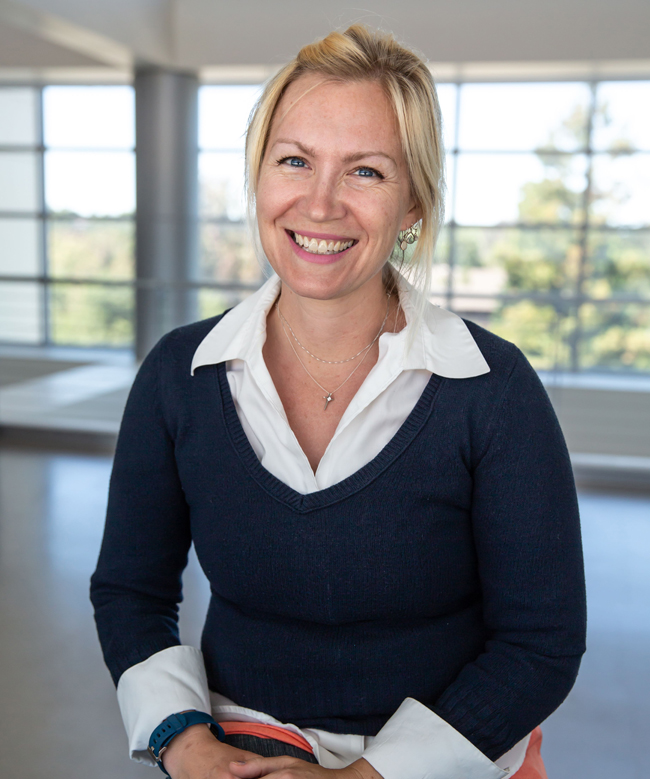MIPSE Seminar
New Lens on the Frontier of Matter in Extreme Conditions
This event is free and open to the publicAdd to Google Calendar

Abstract: The study of matter under extreme conditions is a highly interdisciplinary subject with broad applications to materials science, plasma physics, geophysics and astrophysics. Understanding the processes which dictate physical properties in warm dense plasmas and condensed matter requires studies at the relevant length-scales (interatomic spacing) and time-scales (phonon period). Experiments performed at XFEL lightsources across the world, combined with dynamic compression, provide ever-improving spatial- and temporal-fidelity to push the frontier. This talk will cover a broad range of conditions, intended to present an overview of important recent developments in how we generate extreme environments and how we characterize and probe matter at extremes conditions – providing an atom-eye view of transformations and the fundamental physics dictating plasma and materials properties. Examples closely related to geophysics, astro(bio)physics, planetary-, and fusion energy-sciences, as enabled by microstructure visualization from in situ, ultrafast X-ray imaging, diffraction and spectroscopy will be discussed.
About the Speaker: Arianna Gleason received her PhD in Earth and Planetary Science from the University of California, Berkeley in 2010. She joined Stanford University as a postdoctoral scholar in 2010 and worked for Los Alamos National Laboratory in the Shock and Detonation Physics group before joining SLAC National Accelerator Laboratory as a staff scientist in 2018. Her passion is visualizing materials behavior and response across all length-scales at the most extreme environments possible in nature – from planetary cores to stellar interiors or for fusion energy and novel materials design. This allows her to reveal nature’s secrets of high-pressure mineral physics and planetary evolution from the atomic level up. In 2019 she received the DOE’s Early Career Award from the Office of Science, Fusion Energy Science, and recently served on the FES Science Advisory Committee for Long Range Planning, Basic Research Needs on Inertial Fusion Energy, Accelerating Nuclear Innovations and International Benchmarking. She is currently the Deputy Director for the High Energy Density Science Division at SLAC and Adjunct Faculty in the Geoscience Department at Stanford University.
The seminar will be conducted in person and simulcast via Zoom.
 MENU
MENU 
